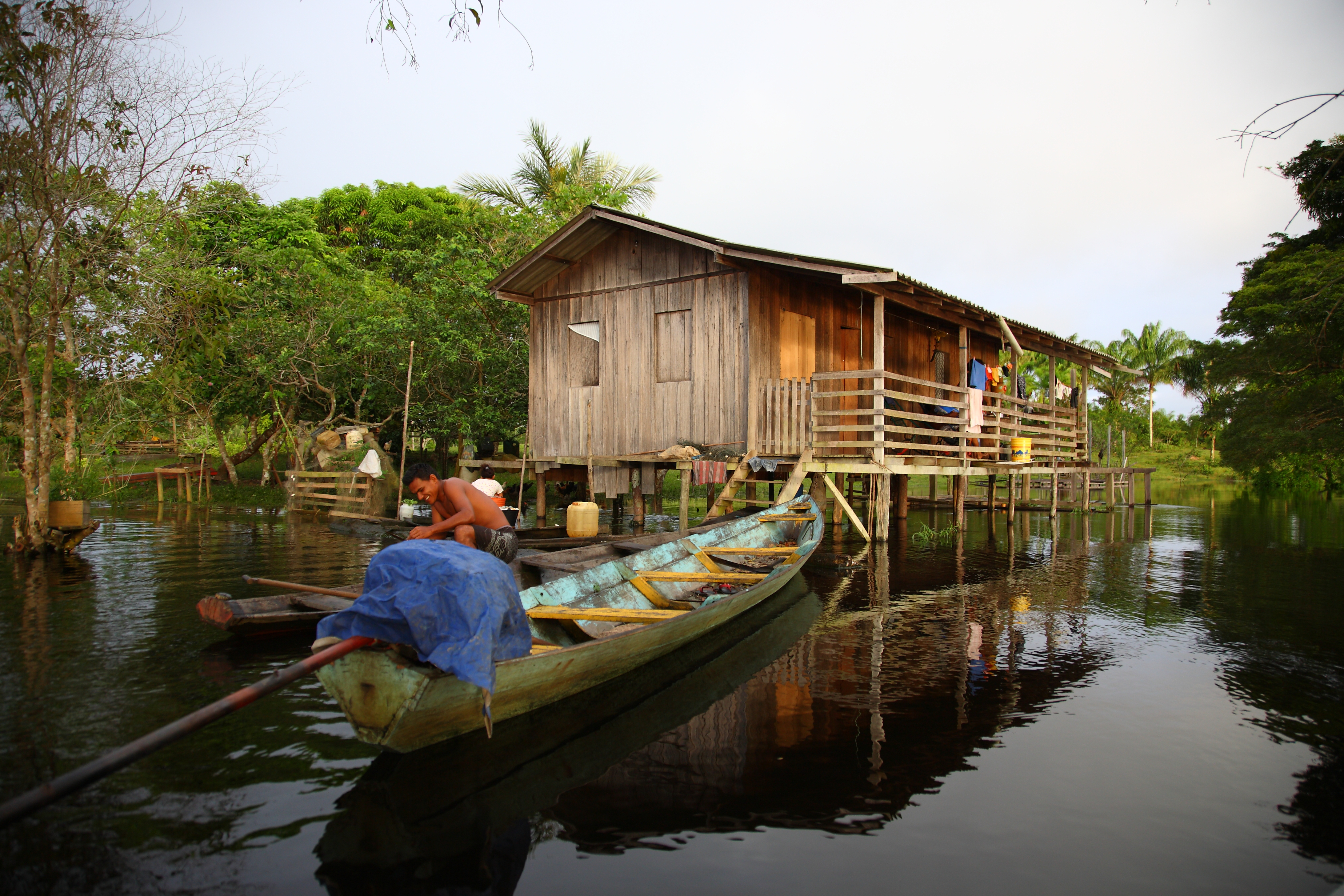According to independent monitoring carried out by the Articulation of Indigenous Peoples of Brazil (APIB), as of August 10, the cases of COVID-19 among indigenous peoples exceeded 23,000, while the number of deaths reached 652.
These figures are higher than those reported by the Special Secretariat for Indigenous Health (SESAI), which counts 17,611 infections and 311 deaths. However, official data only takes into account homologated indigenous lands and not the indigenous peoples living outside them. APIB's is carried out by the National Committee for Indigenous Life and Memory, with the support of indigenous organizations and considering, in addition to the data from SESAI, those registered by the municipal and state Health Secretariats and by the Public Ministry.
The rapid spread of the pandemic among indigenous people is a cause for concern due to the vulnerability of this population, which lacks adequate medical care and whose lands are being invaded, and because of insufficient and inadequate government measures to protect them.
A major factor of contagion is the Amazon River, the main road linking many riverine communities. Inhabitants travel along the river in boats carrying about 150 people, without any distance between them, to reach the cities in search of medical supplies or food, or to be treated in a hospital. The hospital network is insufficient to cover the entire region. In fact, the six cities in Brazil with the highest exposure to the novel coronavirus are located along the river.
Another contagion factor for the indigenous population is the lack of adequate health and protection measures by the State, which has resulted in health workers becoming potential carriers of the virus and infecting indigenous peoples upon arrival to their communities. By early July, more than one thousand nurses and doctors from SESAI had tested positive for COVID-19.
Medical professionals and indigenous leaders say the workers in this sector may have unwittingly endangered the communities they were trying to help, since they lacked proper protective equipment and access to sufficient testing.

